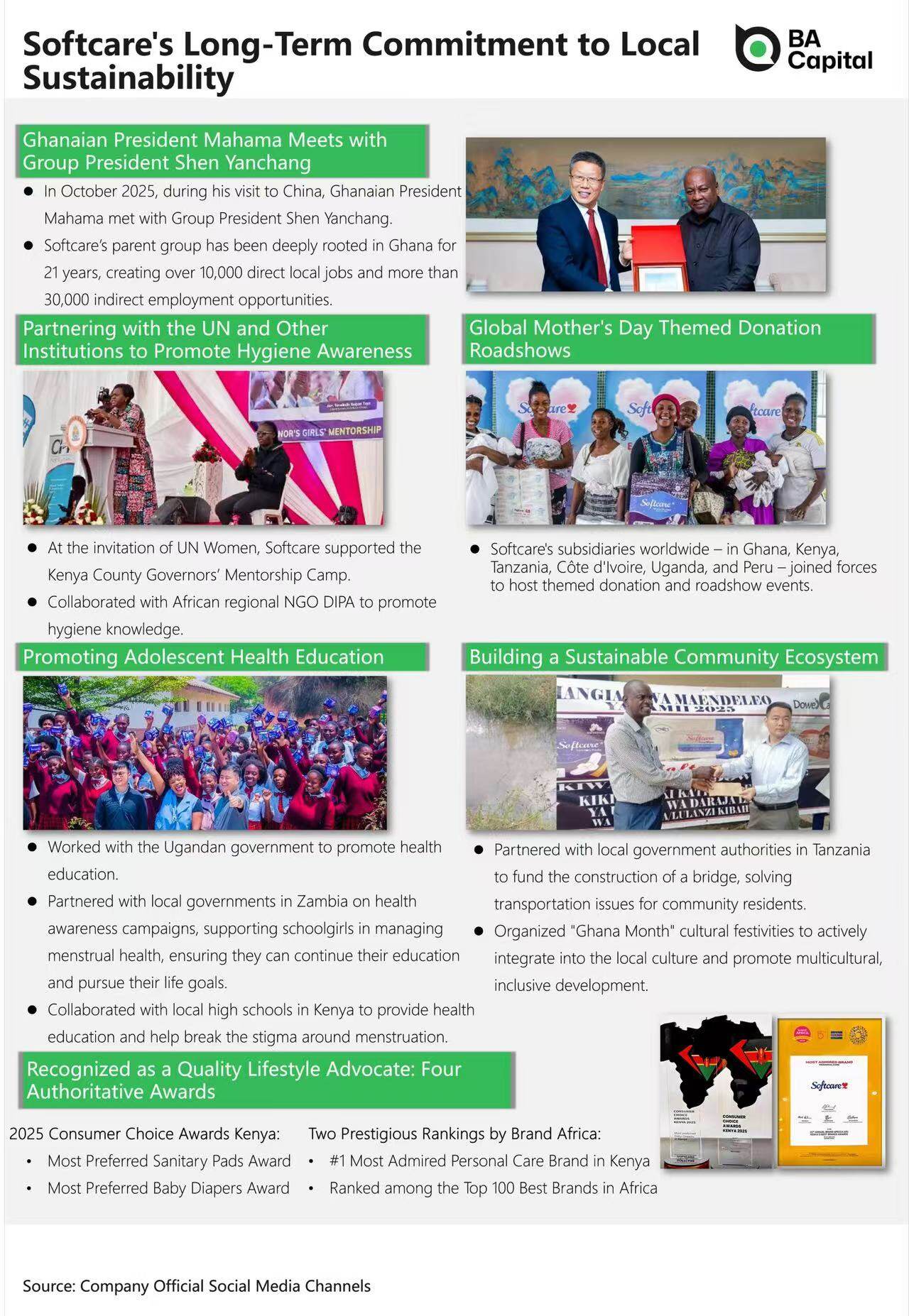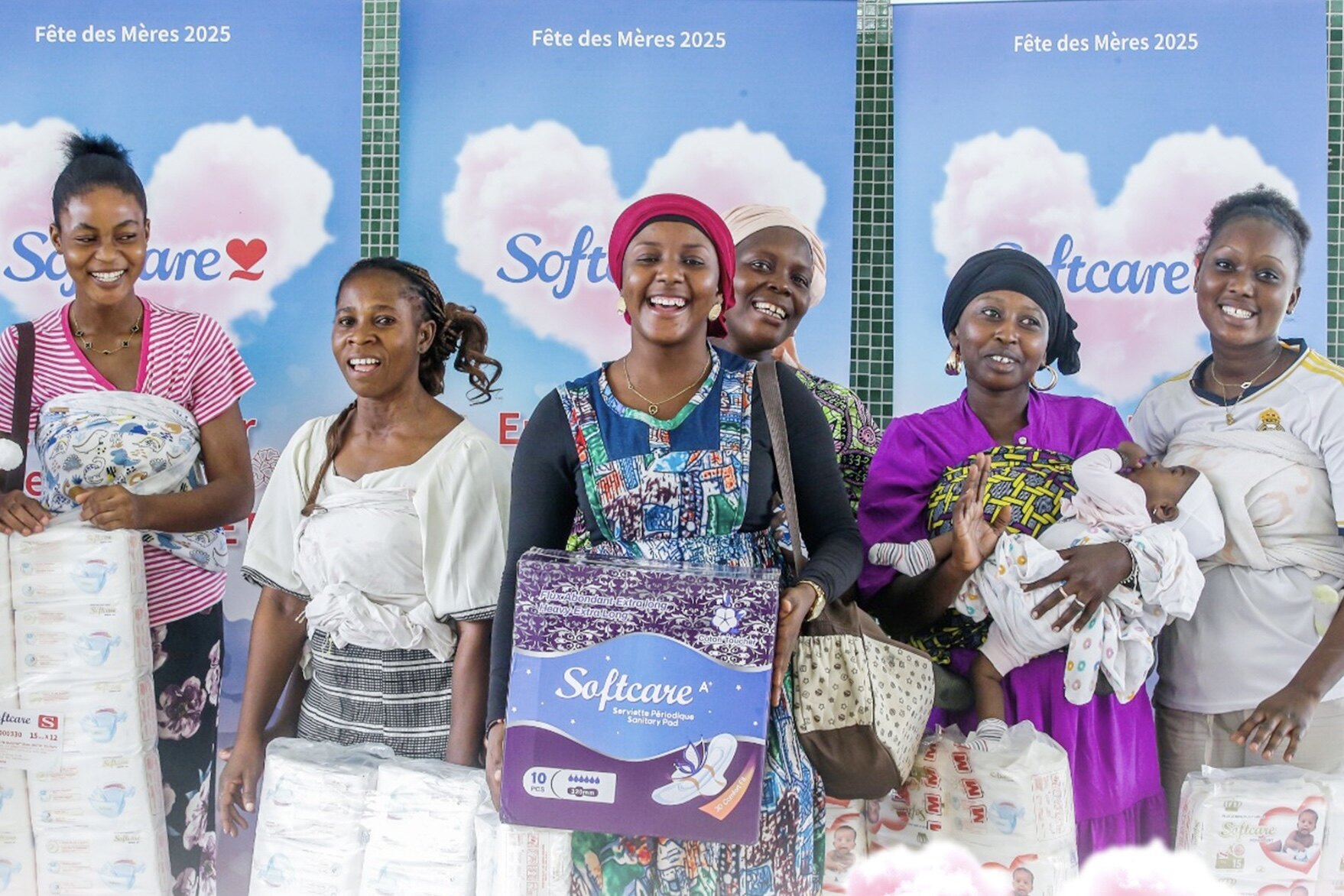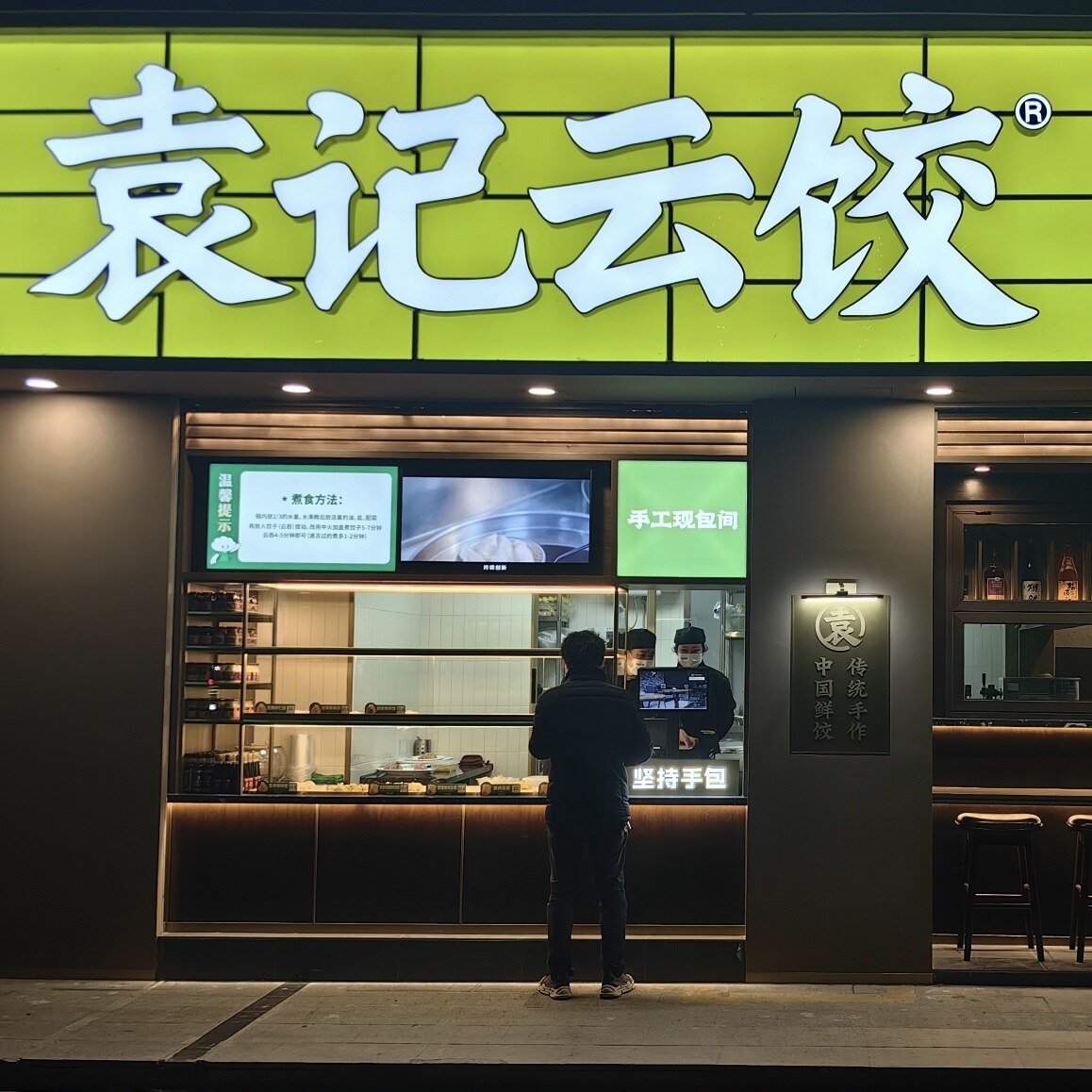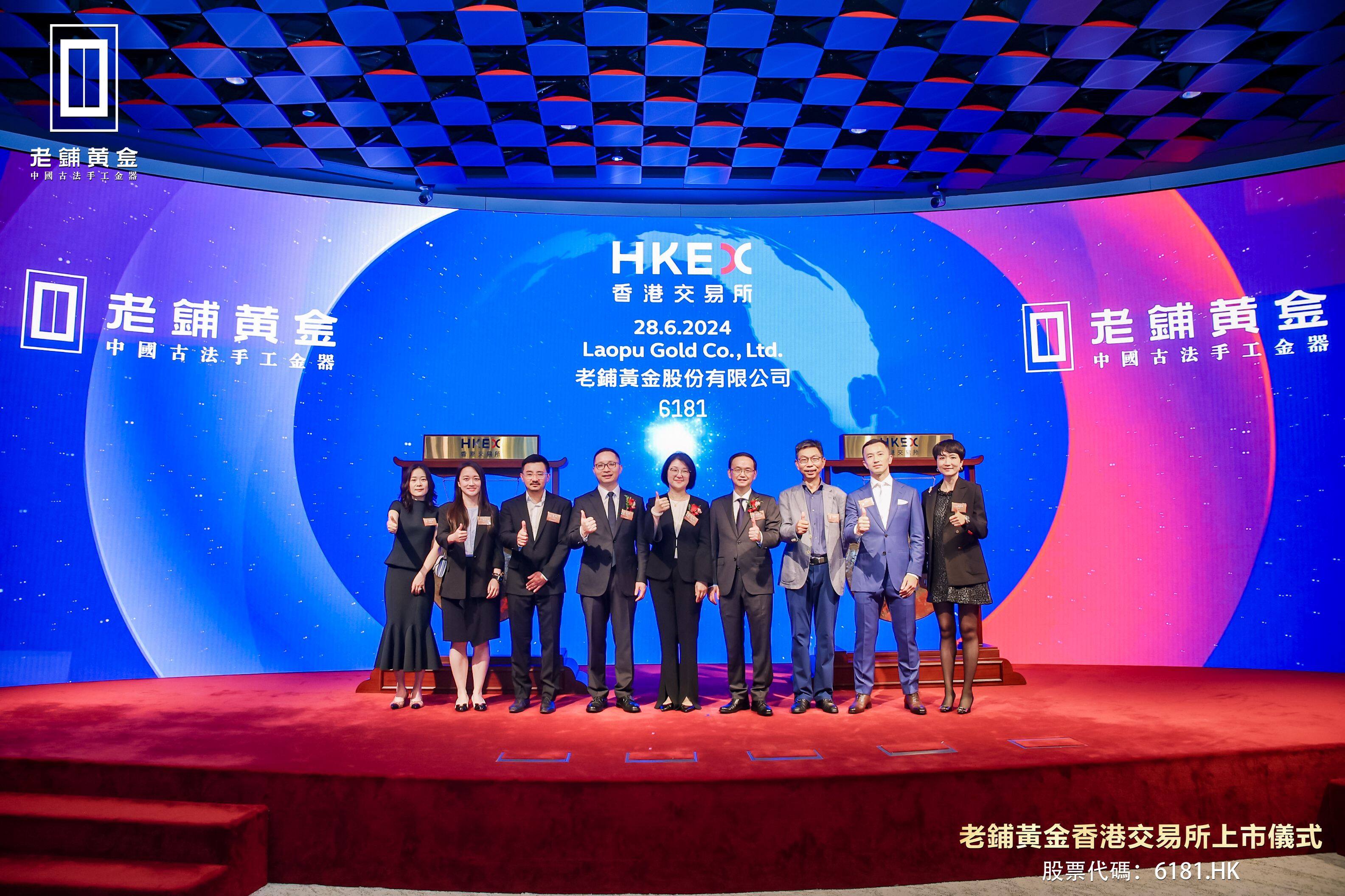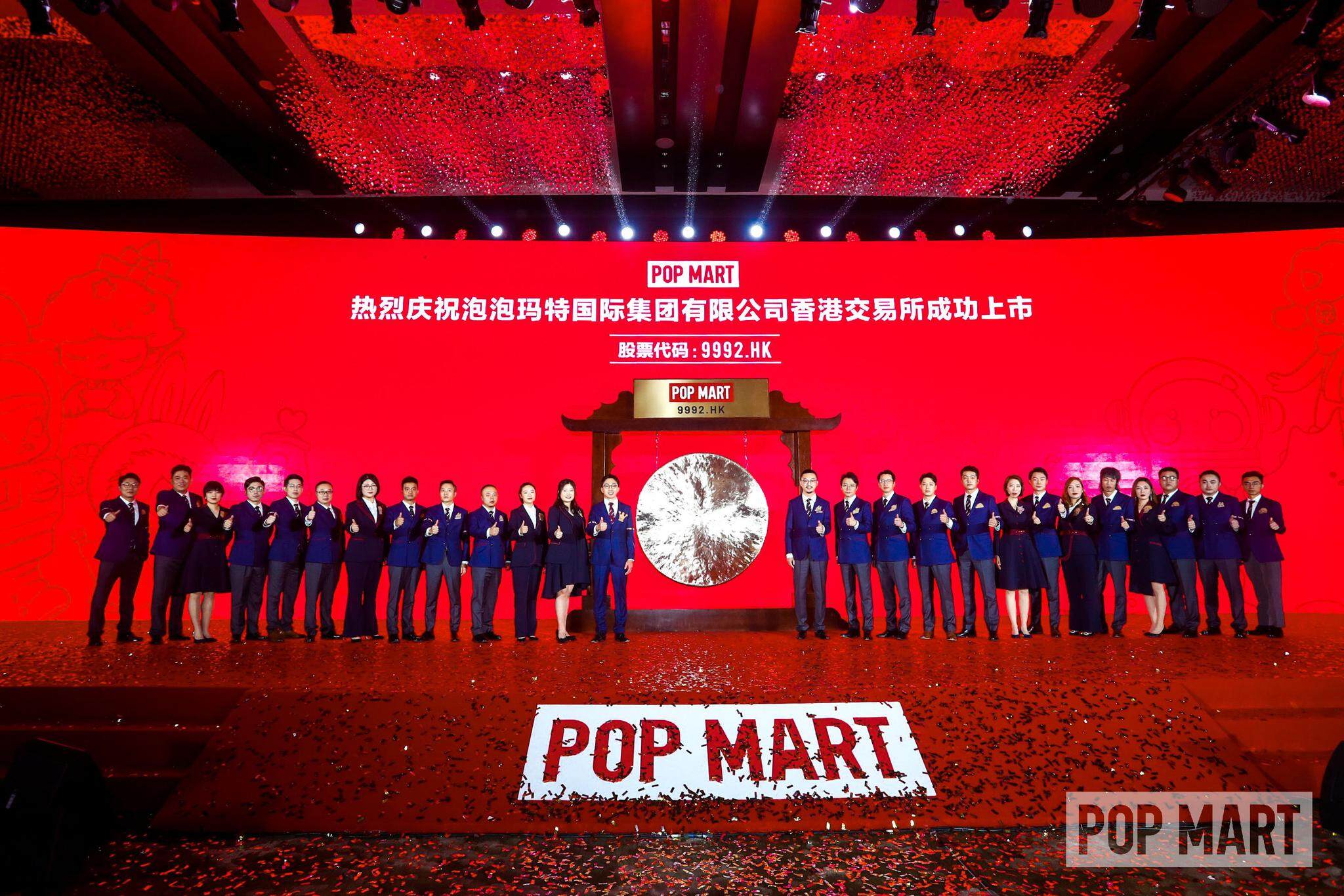BA Capital believes that China will give rise to a new generation of truly global consumer goods giants. In line with this conviction, our investment perspective has never been limited to “going abroad,” but has always focused on being multinational and global.
In October 2025, BA Capital led the cornerstone investment in Softcare, a “multinational company” founded in China.
On November 10, Softcare was officially listed on the Hong Kong Stock Exchange under the ticker 2698.
Softcare is a leading baby and feminine hygiene products company in emerging markets. Under its global strategy since 2009, Softcare has become an important player across these markets; by 2024, it had ranked as the No. 1 baby diaper and sanitary pad brand in Africa for consecutive years.
During the track record period, the company achieved high-quality, stable globalized growth. From 2022 to 2024, Softcare’s revenue increased from US$320 million to US$454 million, and net profit rose from US$18.39 million to US$95.11 million. As of April 30, 2025, revenue grew 15.5% year-on-year to US$161 million, while net profit increased 12.5% to US$31 million.
Extending the period to the first half of the year, Softcare recorded revenue of US$255 million, up 19.1% year-on-year.
The FMCG industry has always placed strong emphasis on localized insight and operations. Apart from traditional international giants, few Chinese companies have truly achieved both internationalization and localization. Softcare, however, has secured market leadership in Africa, with the widest factory footprint in Africa——51 production lines across eight countries as of April 2025, and has localized and modernized its entire value chain—from production to distribution to branding.
Africa is indeed an underpenetrated opportunity for consumer goods. During BA Capital’s research across multiple African countries in early January 2025, we found that only a few brands—such as Coca-Cola and Pepsi—had achieved extensive terminal coverage, while most categories remain largely untapped. The opportunity is significant.
But given that the African market has long existed, why was Softcare the one to successfully break through and dominate two attractive categories—baby diapers and sanitary pads? This became a central question during our research.
Among the many reasons African consumers prefer Softcare, one key factor is product quality combined with accessibility. Softcare’s products are reliable, widely available locally, and more cost-effective than major international brands.
Emerging markets offer long-term structural opportunities for personal care categories, driven by large consumer populations (young demographics + higher birth rates), rising purchasing power from economic growth, and increasing urbanization (which accelerates modern consumption habits).
However, the challenge of developing these markets lies in the high operational costs. In remote and rural regions, supply chain and raw material expenses account for at least 30% of product cost—far higher than the 15–20% typical in mature markets.
This means companies must achieve localization across three interconnected dimensions—supply chain, distribution, and talent—to ensure product quality and price competitiveness. Softcare’s leading position in global emerging markets is the result of long-term accumulation across these three dimensions:
- Building Local Factories
Building local factories is essential to enhancing competitiveness in Africa, where operating costs are extremely high. International logistics for raw materials are expensive, tariffs are substantial, markets are fragmented, and long-distance transportation adds significant costs. Only by localizing production can these expenses be meaningfully reduced.
However, establishing factories locally means facing differing regulatory standards, building infrastructure from scratch, and managing long procurement and international shipping cycles.
Since first localizing production in Africa in 2018, Softcare has become the hygiene products manufacturer with the widest factory footprint in Africa, with 51 production lines across eight countries as of April 2025. Local manufacturing significantly lowered production costs. In 2024, Softcare’s core diaper brand Softcare sold at US$0.0878 per piece, compared with over US$0.10 per piece for leading international brands.
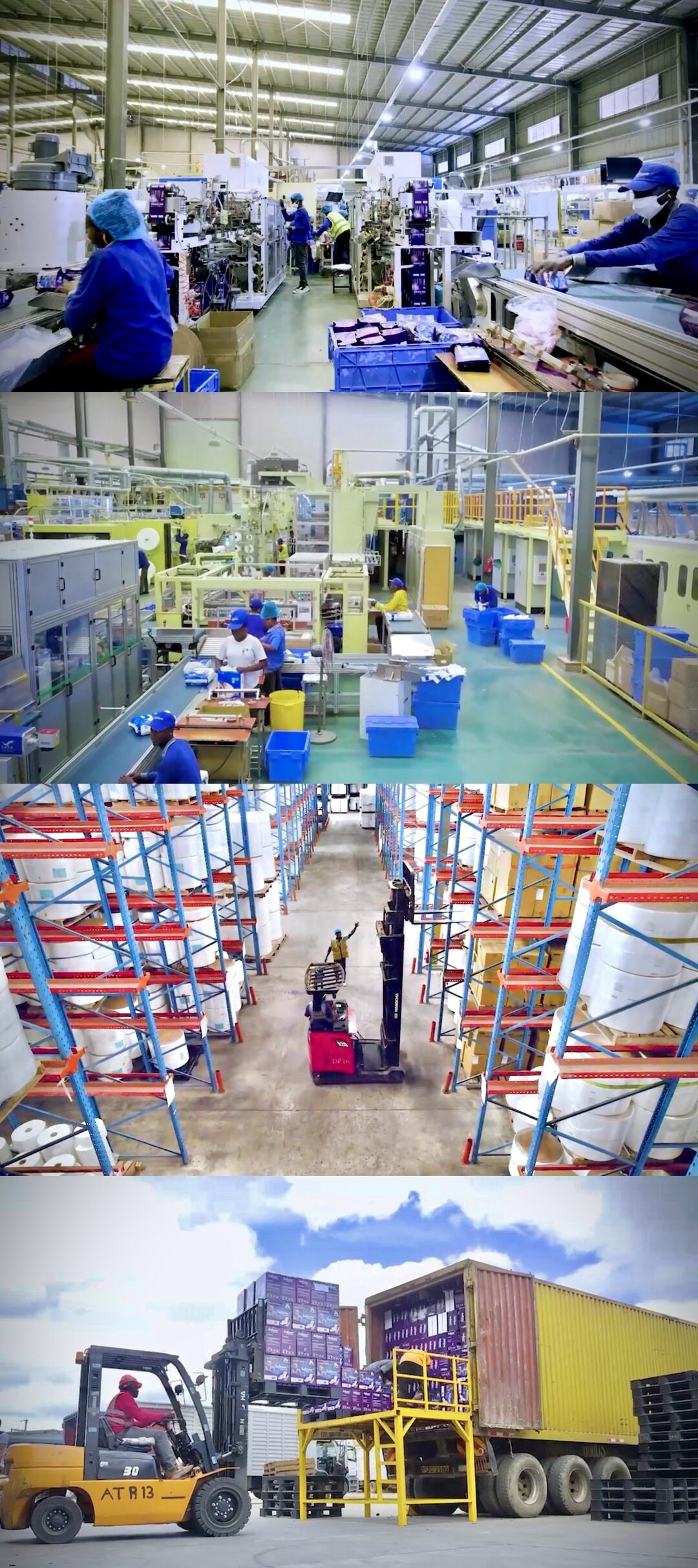
- Building a Local Distribution Network
Our research found that personal care channels in Africa are still dominated by wholesalers or stationary traders without delivery capabilities, supplemented by small distributors. There is a lack of high-quality distributors and a mature distribution system. Products often pass through multiple layers, each adding margin and eroding competitiveness. To achieve penetration and improve circulation efficiency, companies must build their own distribution networks.
While other foreign brands still rely on standardized large-distributors, Softcare has built a deep distribution system that reaches terminals directly—penetrating communities and villages and developing secondary agents. As of April 2025, Softcare had 18 sales branches across 12 countries, serving over 2,800 customers and covering more than 80% of the local population.
- Multinational Organizational DNA
A severe shortage of qualified talent is another major challenge in localization, including lack of professional capability, gaps in management talent, and language and cultural barriers.
Through a multinational matrix management structure, Softcare combines specialized capabilities at headquarters with flexible operations at the country level.
The headquarters oversees areas requiring unified standards and long-term investment—centralized raw material procurement, core brand positioning, and company-wide digital systems. Each country has Country Manager with significant autonomy to address diverse local market conditions—from channel expansion to incentive structures, budget execution, and even pricing.
Softcare has also established differentiated talent development and comprehensive incentive mechanisms. Senior executives receive industry-competitive packages, equity incentives, and special performance awards. Middle managers and key talent have clear performance-linked incentives and promotion pathways. Frontline teams benefit from immediate-reward schemes under a “frontline-driven incentives” model. For example, top-performing fresh graduates can earn annual packages of up to US$56,000.
As of April 2025, Softcare employed 2,417 people, 89.9% of whom were hired locally. Approximately 74.9% of managerial positions were held by experienced local employees.
- Long-Termism and Local Empowerment
From Africa to Latin America, Softcare now sells in over 30 overseas markets, with operations in four countries exceeding 14 years. Beyond introducing advanced business models and modern operational efficiency—allowing consumers to benefit from industrialization—it also provides competitive compensation and systematic training for employees, creating long-term growth opportunities. Through years of localization, Softcare has integrated its products, knowledge, and principles deeply into local societies, building a more human-centered ecosystem of well-being.
Softcare’s global strategy and its localization path offer a valuable case study on how to build a truly multinational company.
